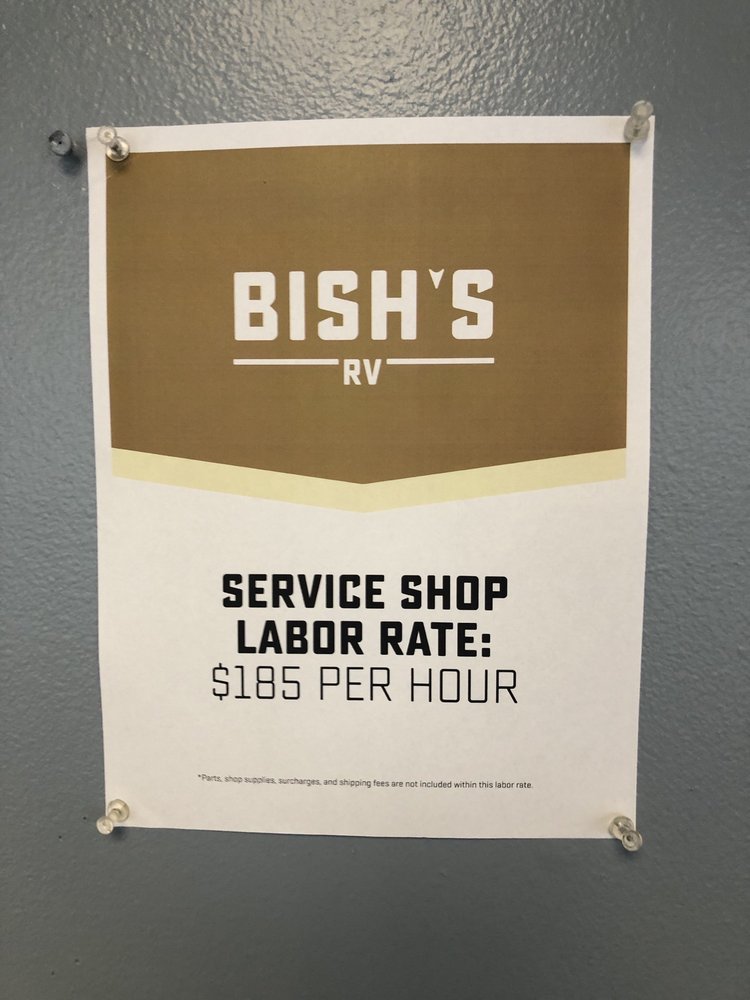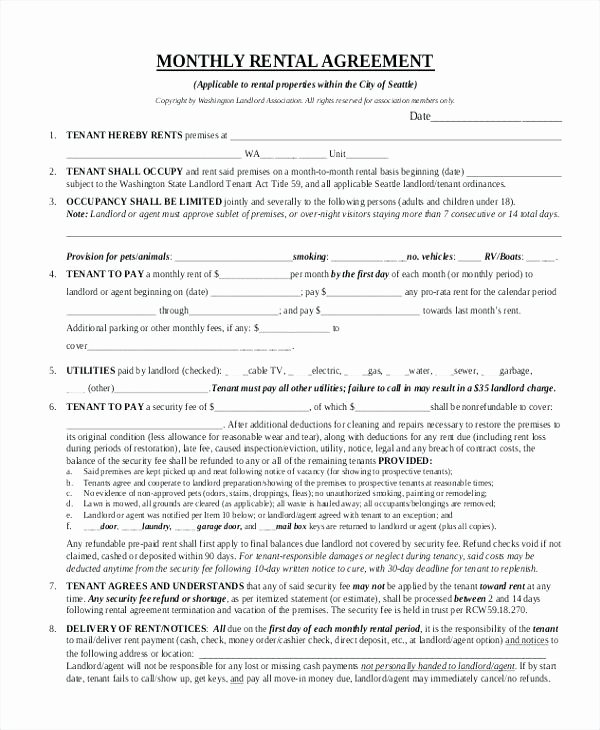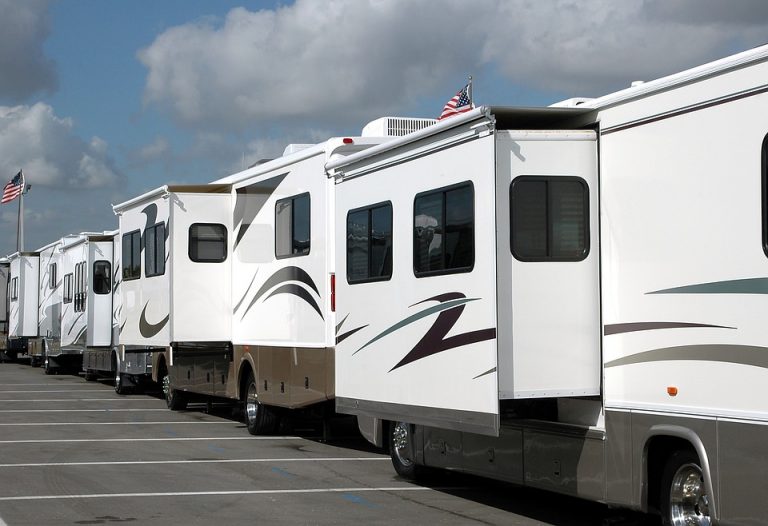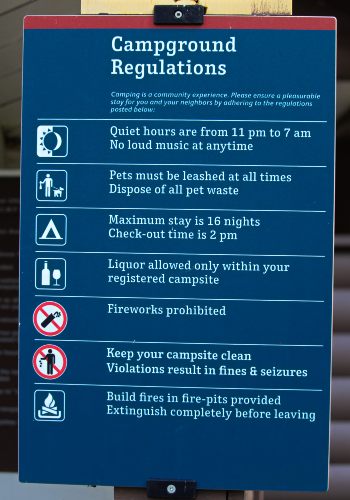Essential Paperwork for Buying an RV: Your Complete Guide

Are you considering embarking on the adventure of a lifetime by purchasing your very own recreational vehicle (RV)? The excitement of hitting the open road in your mobile home is almost unparalleled, but before you can enjoy the freedom of the road, you need to navigate through a maze of paperwork. This guide will provide you with all the essential documents you'll need to gather and complete to ensure a smooth RV buying process.
Understanding the Purchase Agreement

The foundation of any RV transaction is the purchase agreement. This document outlines all the specifics of the deal, including:
- The selling price
- Details about the RV
- Payment terms
- Conditions for the sale
- Warranties included
Ensure you read through every clause, understanding what you're committing to. Here are some key aspects to look for:
- As-Is Condition: This means the seller isn't providing any warranties. Ensure you know what repairs or maintenance might be necessary.
- Extended Warranty: Some dealers offer an additional warranty; weigh its benefits against the cost.
- Contingencies: Conditions that must be met for the sale to proceed, like passing a vehicle inspection or obtaining financing.
⚠️ Note: Always have a legal professional review your purchase agreement if you're unsure about any terms.
Financing Documents

Most RV buyers don’t have cash on hand to purchase an RV outright, which means financing is often part of the equation. Here are the documents you’ll need:
- Loan Application: This details your financial situation, including income, debts, and credit history.
- Proof of Income: Pay stubs or tax returns to verify your ability to repay the loan.
- Credit Report: The lender will pull this, but having your own copy can help in discussions.
- Insurance Certificate: Proof that you have RV insurance or will have it before taking possession.
Additional Forms

- Truth in Lending Disclosure: Provides details about the terms of the loan.
- Notice of Right to Cancel: Informs you of your right to rescind the transaction under specific conditions.
💡 Note: Understand the total cost of financing, including interest rates and any fees.
Vehicle Title and Registration

The vehicle title is a critical document that signifies ownership of the RV. Here are key points:
- Transfer of Title: The seller must provide this or it must be arranged through the DMV.
- VIN Inspection: Some states require an inspection of the Vehicle Identification Number (VIN).
- Registration: This involves paying fees to license the RV for road use.
Remember, the registration process varies by state, so:
- Check your state's DMV website for specific requirements.
- Some states require additional forms like a Bill of Sale.
| Document | What It Is | Where to Get It |
|---|---|---|
| Vehicle Title | Proof of ownership | Seller, DMV, or lienholder |
| Application for Title | Form to apply for a new title | DMV |
| Registration Card | Proof that the vehicle is registered | Issued by the DMV |

📌 Note: Keep copies of all these documents in a secure location.
Insurance and Warranties

Insurance is mandatory for RVs on the road, but also consider:
- Extended Warranty: Extra protection for RV components, often offered by dealers.
- Manufacturer’s Warranty: Coverage for defects in materials or workmanship, usually time or mileage-limited.
The following table outlines some types of insurance you might consider:
| Type of Insurance | Description | Consider When |
|---|---|---|
| Liability | Covers damage or injury to others | Mandatory for road use |
| Comprehensive | Covers theft, vandalism, etc. | Valuable RVs or when often parked outside |
| Collision | Covers damage to your RV | If you're concerned about accidents |
✅ Note: Coverage varies; tailor insurance to your specific needs and RV usage.
Final Steps and Moving Forward

With the paperwork in order, the RV purchasing process begins to feel more concrete:
- Inspection: Often required for loan approval or to ensure the RV is in good condition.
- Final Walkthrough: Check all systems and appliances in your RV.
- Keys and Manuals: Ensure you receive keys, manuals, and any warranty documents.
The process might seem daunting, but armed with the right information, you can confidently navigate through the paperwork:
- Understand each document's purpose.
- Verify details meticulously.
- Keep copies of everything for your records.
By following this guide, you've demystified the paperwork maze. The keys to your RV freedom are now within reach, and soon, the open road will be yours to explore. Remember, the journey begins with these essential steps, ensuring you're legally and financially secure to make the most of your RV investment.
What if I find issues after the purchase?

+
Depending on your state, you might have a “cooling-off” period to rescind the purchase, or if covered by a warranty, you can seek repairs. Always document any issues found and communicate with the seller promptly.
Can I register an RV out of state?

+
Most states require you to register your RV in the state where you claim residency, but some states allow temporary registration for non-residents.
What happens if the RV has a lien?

+
You’ll need to ensure the lien is satisfied or paid off by the seller before the title can transfer to your name. Always check the title for any liens before buying.